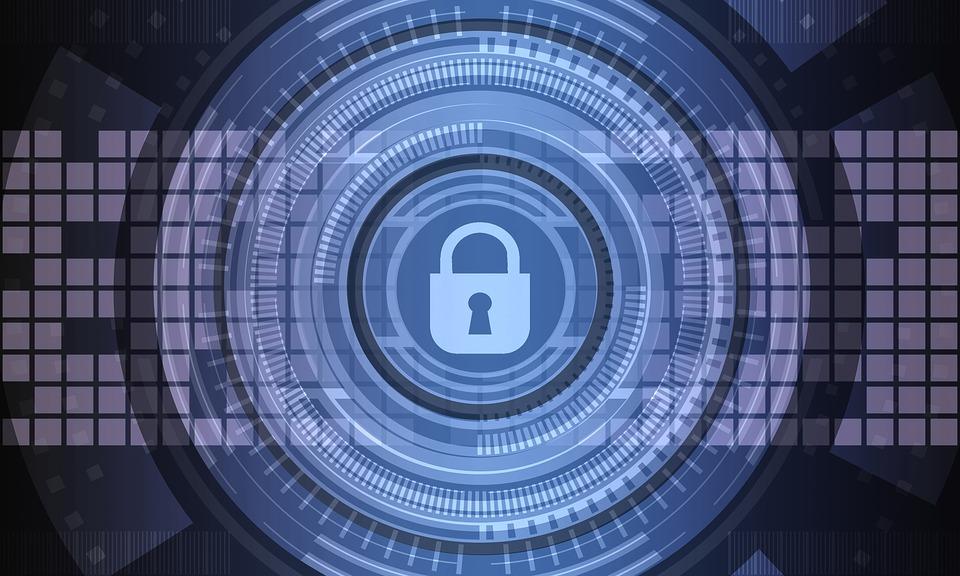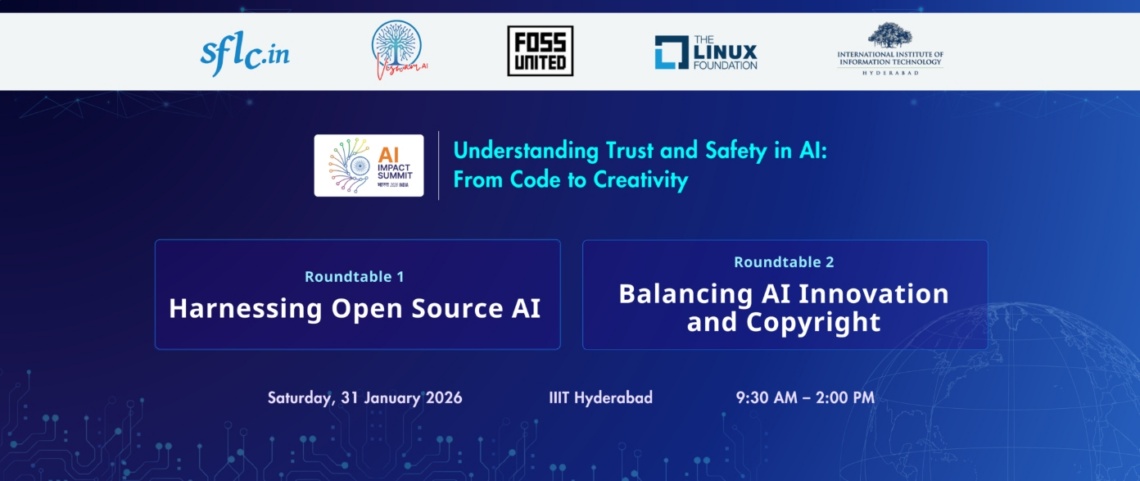An undergratuate student at Sree Narayana College, Chelanur, Kozhikode, Kerala has filed a petition in Kerala High Court against discriminatory hostel rules for female residents and arbitrary restrictions on accessing internet and electronic devices. According to the petition, the hostel rules deny residents of girls’ hostel from using mobile phones between 6 pm to 10 pm. Further, undergraduate students are not allowed to use laptops in hostel premises. In order to enforce the rule, the residents are required to deposit their mobile phones to the hostel authorities every evening at 6 pm.
Reliefs sought by petitioner include declaration of rules banning use of mobile phones between 6 p.m. to 10 p.m. as violative of the Constitution. SFLC.in joined the proceedings as a party by filing an impleadment application in the Hon’ble High Court. In the said application we raised the importance of internet and use of digital resources to learn and communicate.
Students had earlier raised concerns regarding this unreasonable rule to the Deputy Warden of the Women’s Hostel. Instead of having an open discussion on students’ grievances, they were informed by the authorities that those not willing to abide by the hostel rules would be required to vacate their hostel rooms. Receiving no reasonable response from hostel administration, the Petitioner thereafter approached the college Principal with her grievance. The Principal asked her to state in a letter that she was unwilling to abide by the rule. Upon doing so, instead of relaxing the arbitrary rules, the Petitioner was asked to vacate her hostel room on a short notice of 12 hours. Thereafter, her room was locked by the administration and she was not even allowed to collect her personal belongings.
The restrictive, arbitrary rules raise issues concerning violation of constitutional rights including Article 14 and Article 19(1)(a). The petition, while claiming grounds under Article 19(1)(a), cites the Apex Court in The Secretary, Ministry of Information and Broadcasting v Cricket Association of Bengal & Anr. [1995 AIR 1236] which held that “The freedom of speech and expression includes right to acquire information and to disseminate it” and “The right to communicate, therefore, includes right to communicate through any media that is available whether print or electronic or audio-visual such as advertisement, movie, article, speech etc.” Further, the Hon’ble Supreme Court in Shreya Singhal v Union of India [AIR 2015 SC 1523] held that, “If the right to freedom of speech and expression includes the right to disseminate information to as wide a section of the population as is possible, the access which enables the right to be so exercised is also an integral part of the said right. The wider range of circulation of information or its greater impact cannot restrict the content of the right nor can it justify its denial. The virtues of the electronic media cannot become its enemies. It may warrant a greater regulation over licensing and control and vigilance on the content of the programme telecast. However, this control can only be exercised within the framework of Article 19(2) and the dictates of public interests. To plead for other grounds is to plead for unconstitutional measures.”
The petition also submits that ‘the restrictions placed on the use of internet through the restriction on the use of phones and laptops hinders development and personal growth of these young, bright and impressionable students.’ It takes support of ND Jayal v. Union of India [2004 (9) SCC 362], where ‘the right to development was held to be an integral part of the right to life under Article 21.’
Further, as per the petition, the hostel rules contravene UGC (Promotion of Equity in Higher Educational Institutions) Regulations, 2012; principles embodied in Convention on the Elimination of All Forms of Discrimination against Women, 1979, Beijing Declaration. Further, the hostel administration does not provide a reference library to residents to aid the learning process post college-hours. Accessing learning resources over the internet thus becomes a necessity for students.
Also, while raising that hostel residents have a reasonable expectation of living in their private space while in hostel, the petition cites Justice Puttaswamy (Retd.) and Anr. v. Union of India and Ors [2017 (10) SCC 1] wherein the Hon’ble Supreme Court held that “Recognizing a zone of privacy is but an acknowledgment that each individual must be entitled to chart and pursue the course of development of personality” and “The notion of privacy enables the individual to assert and control the human element which is inseparable from the personality of the individual. The inviolable nature of the human personality is manifested in the ability to make decisions on matters intimate to human life.” The petitioner states that ‘As adults, the students are entitled to their freedom to choose whether to use or not use mobile phones or laptops, and the unreasonable restriction on the same imposed by the college is unconstitutional.’ Further, support was taken from Honourable Supreme Court’s judgment in Shafin Jahan V. Asokan K.M. & Ors. [2018 (2) KHC 890] observed that parents of the adult inmates do not have the liberty to decide what the just way of life or correct course of living as far as their children are concerned ought to be.
SFLC.in in its impleadment application submitted, ‘Internet is the greatest equalizer in our history. It makes it possible for anyone from any background and any standing in society to be able to access any information at the touch of a button. No longer are we restricted by the physical limitations caused by the lack of skilled and knowledgeable teachers and access to books, journals, newspapers and other written material.’ Further, pointing at the educational courses available online, the application said, ‘Over the past few years, there has been a rise of Massive Online Open Course (MOOC) platforms – these are platforms on which people from across the world can access educational courses taught by professional teachers. The quantum of knowledge available online is increasing every day. Arbitrarily restricting the ability to access this information puts female inmates of the college at a serious disadvantage compared to male inmates of the hostel, students that do not stay in hostels, and students of other colleges.’
These arbitrary restrictions exemplify the irony behind the student entrepreneurship programs and schemes like ‘Digital India’ that encourage internet access while in actuality students are pushed back to orthodox learning practices. It is unrealistic to expect from students to subsequently become future leaders with scientific temper, torch-bearers of innovation and build India-based start-ups when we fail in putting minimal trust by denying them use of mobile phone and laptops. The time students get after-class gives them a chance to reflect them on their day’s learning. Since internet now provides them an opportunity to clarify any query they might have, restraining them to access the same and expecting them to ‘find the answers’ from the standard text-book sources makes their knowledge localized. They are denied access to latest developments, and varied perspectives on issues concerning their education.
This directly contradicts Kerala Information Technology Policy, 2017. The objectives of this Policy include, among others, ‘Partnering with schools, technical education institutions and broader academia is planned to achieve these (policy) goals’; ‘Ensure Universal Open access to data, information and knowledge resources in a digital domain. Enable access of content and ICT applications to the differently-abled’. Further, Mobile Governance is a focus area of the Policy towards developing ‘Digitally Empowered Citizens’. Additionally, the Respondent College’s affiliating university i.e. University of Calicut has itself promoted and taken steps towards use of technology in higher education. The University is active in developing (Massive Online Open Courses) under Indian e-learning platform SWAYAM. It is aimed at bridging digital divide for students who have hitherto been untouched by the digital revolution. The University is the host institution for 13 MOOCs. Restraining students from accessing internet would deprive them of rich educational content available on the SWAYAM platform.
SFLC.in remains resolved to defend digital rights of users and to promote free and open internet access. Please stay connected with us for updates on the case.




